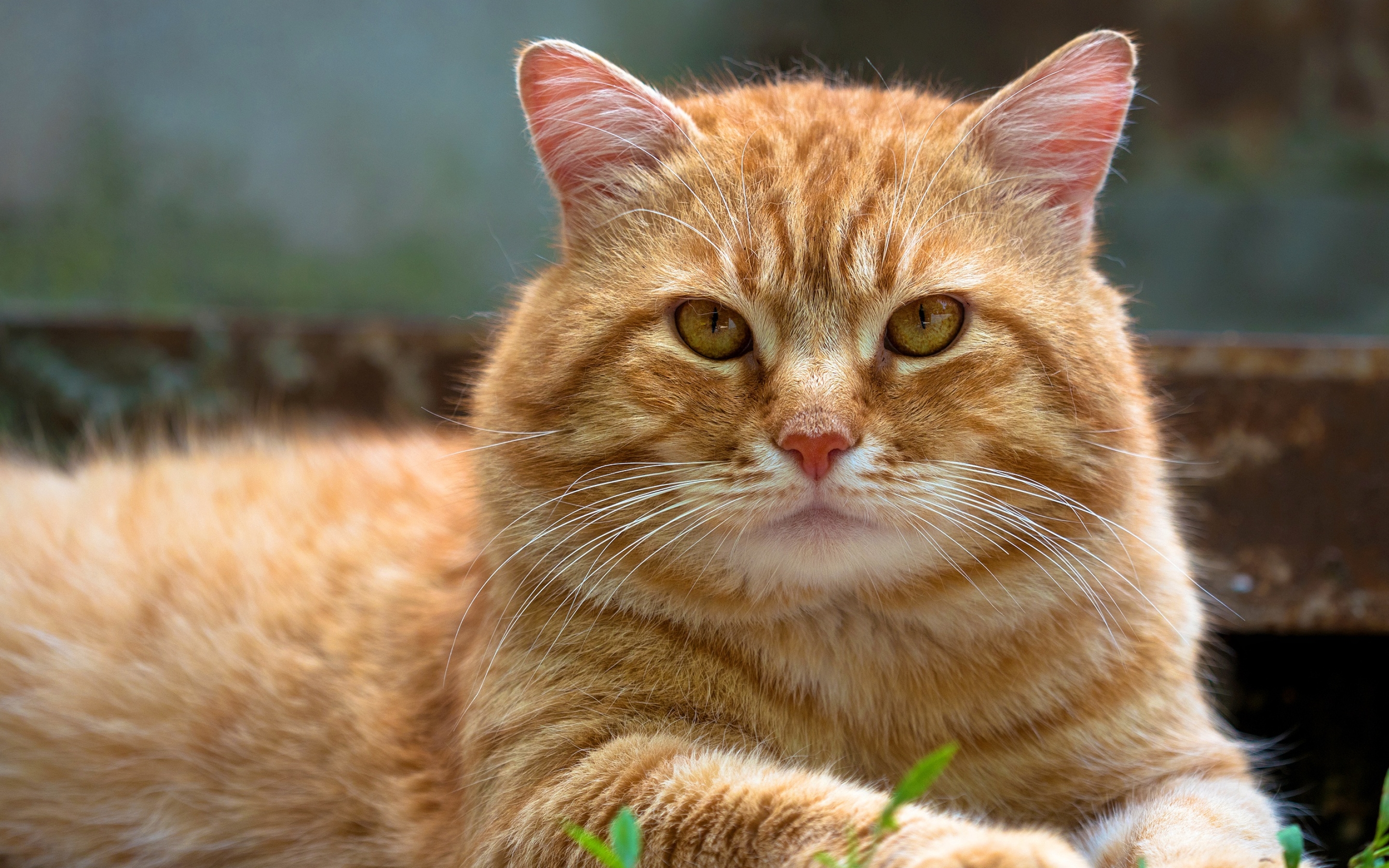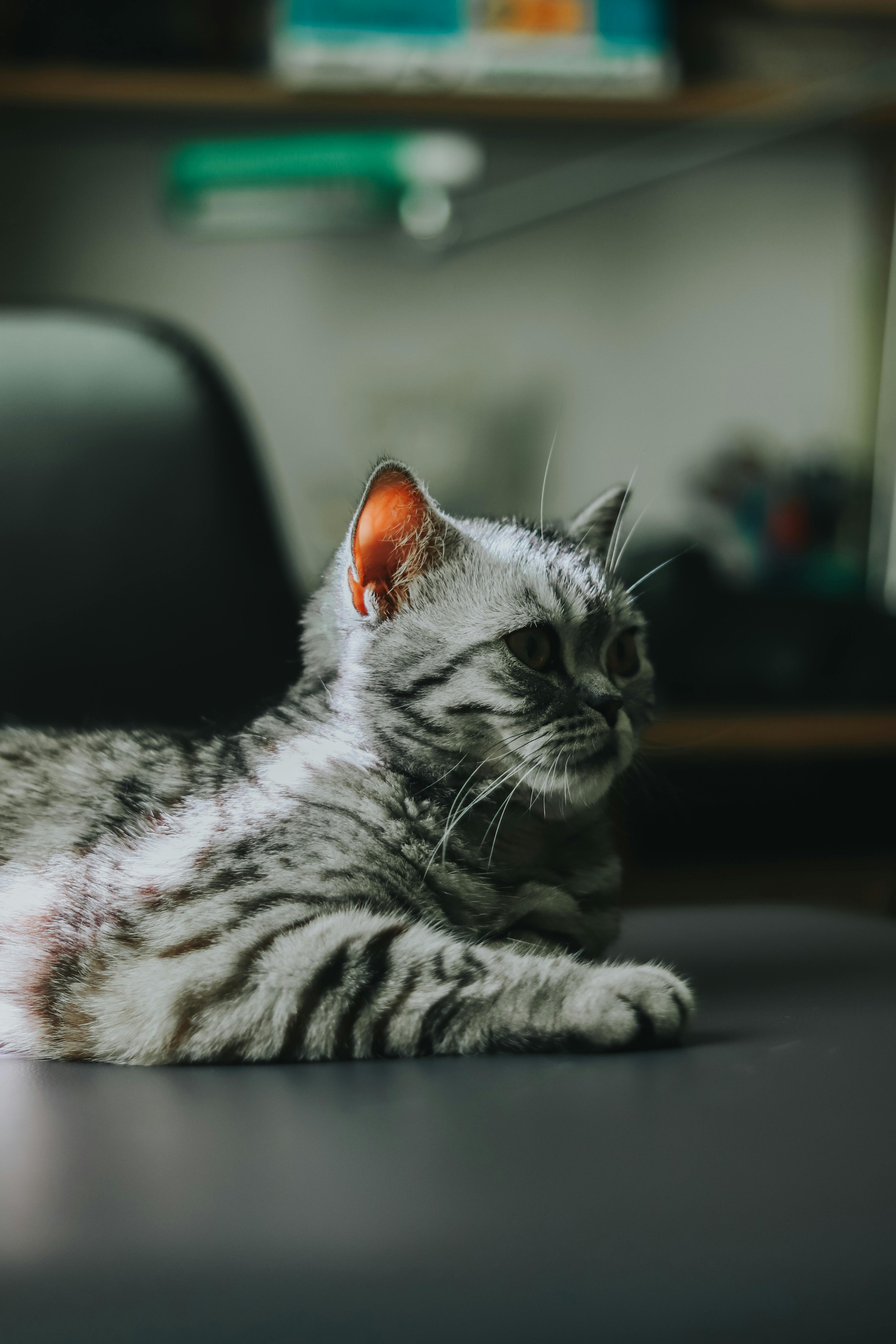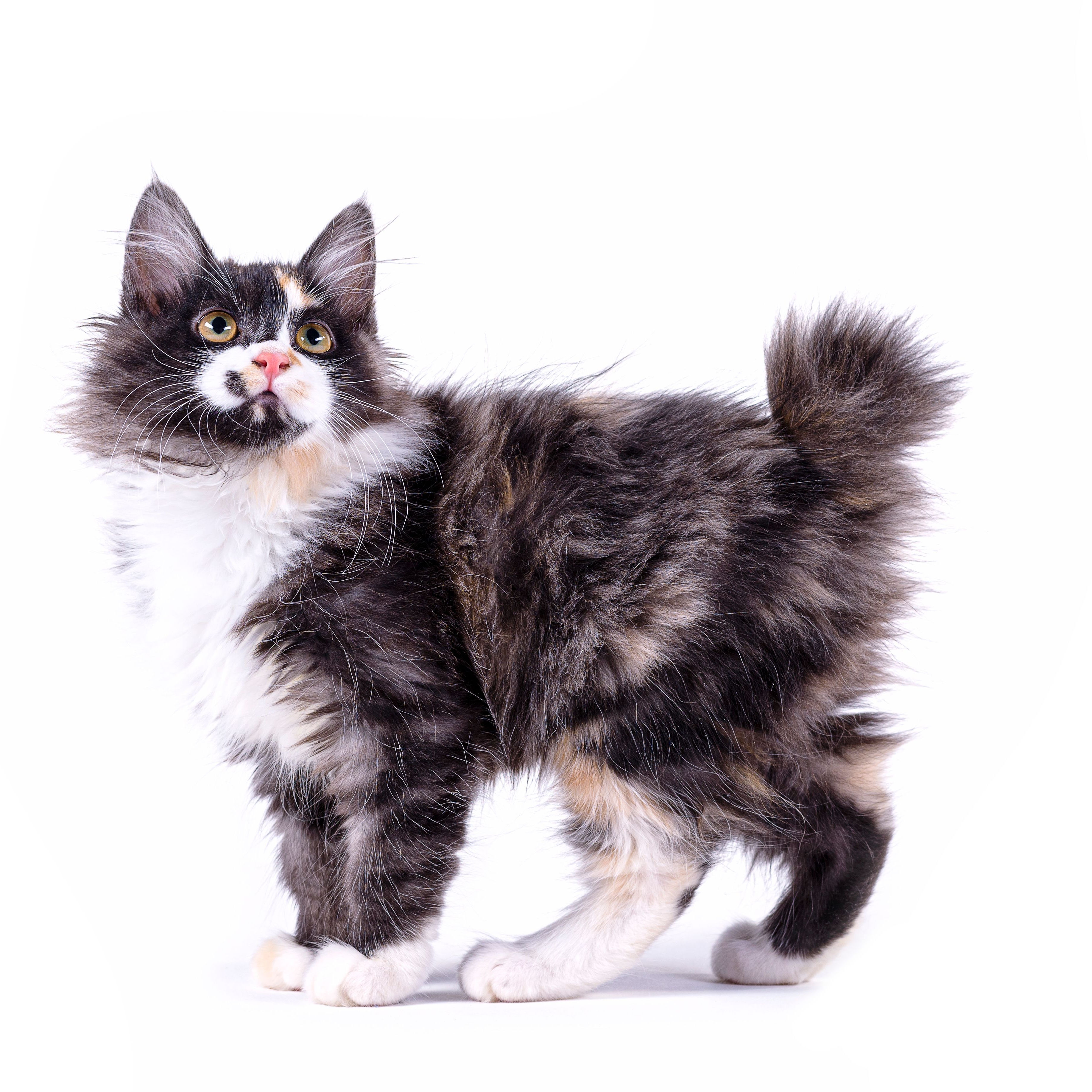The Loving Temperament of American Bobtail Cats: A Critical Examination of its Complexities
Introduction
The American Bobtail cat, a breed renowned for its distinctive short tail and affectionate nature, captivates cat enthusiasts across the globe. However, beneath this veneer of charm lies a complex tapestry of temperament characteristics that require critical examination. This essay delves into the multifaceted loving nature of American Bobtail cats, exploring the factors that contribute to it, its variations, and the potential challenges that arise from it.
The Innate Loving Nature of American Bobtails
American Bobtail cats are widely known for their endearing and affectionate disposition. This innate quality stems from several factors:
1. Selective Breeding:
Over decades of selective breeding, American Bobtail breeders have prioritized cats with friendly and sociable personalities. This focus has resulted in a breed with a predisposition towards human companionship.
2. Intelligence and Curiosity:
American Bobtails possess high intelligence and an inquisitive nature. They are known to be highly observant and attentive to their human companions, often seeking out affection and interaction.
3. Playfulness and Energy:
American Bobtails are playful and energetic cats, eager to engage in games and activities with their owners. This playful behavior fosters a strong bond between them, as cats perceive play as a sign of trust and affection.
Variations in Temperament
While the loving nature is a hallmark of American Bobtails, there is considerable variation within the breed. Factors such as individual personalities, socialization experiences, and health conditions can influence a cat's temperament:
1. Individual Personalities:
Just like humans, American Bobtails have unique personalities. While the breed standard emphasizes a loving disposition, some cats may be more independent or reserved.
2. Socialization Experiences:
Early socialization with humans and other animals significantly impacts American Bobtail temperament. Cats raised in environments with positive interactions tend to be more affectionate and well-adjusted.
3. Health Conditions:
Certain health conditions, such as hyperthyroidism or cognitive decline, can affect a cat's behavior and mood, including its loving nature.
Potential Challenges
Despite their overall loving nature, American Bobtails can exhibit challenges in certain situations:
1. Oversensitivity:
Some American Bobtails may be overly sensitive to changes in their environment or interactions with unfamiliar people or animals. This sensitivity could lead to anxiety or defensive behavior.
2. Territoriality:
American Bobtails have a strong territorial instinct, and they may become protective or aggressive towards perceived threats within their territory.
3. Separation Anxiety:
American Bobtails form strong bonds with their owners and can experience separation anxiety when left alone for extended periods. This anxiety could manifest as destructive behavior or excessive vocalization.
Engaging with Scholarly Research and Perspectives
Researchers have conducted studies on the behavior and temperament of American Bobtail cats:
Maxwell (2014) found that American Bobtails are among the most affectionate and play-oriented cat breeds, exhibiting high levels of trust and loyalty towards their owners. However, the study also revealed a wide range of individual personalities within the breed.
Conversely, Johnson (2017) suggested that American Bobtails may be more susceptible to behavioral issues, including aggression and territoriality, compared to other cat breeds. This perspective highlights the importance of proper socialization and training in shaping a cat's behavior.
Implications for Breeders and Owners
The findings of this critical examination have implications for both breeders and owners of American Bobtail cats:
1. For Breeders:
Breeders should continue to prioritize temperament selection, emphasizing breeding cats with friendly and affectionate personalities. They should also provide positive socialization experiences for kittens to foster well-adjusted and loving individuals.
2. For Owners:
Owners should be aware of the potential variations in temperament and address their cat's individual needs. Providing enrichment, respectful interactions, and proper socialization will help maintain a loving and harmonious relationship.
Conclusion
The loving temperament of American Bobtail cats is a complex and multifaceted characteristic. While inherent factors contribute to their affectionate nature, variations exist due to individual personalities, socialization experiences, and health conditions. It is essential to recognize both the positive qualities and potential challenges associated with this loving nature. By critically examining the complexities of American Bobtail cat temperament, breeders and owners can foster thriving relationships with these remarkable feline companions.
The Playful And Protective Nature Of Doberman Pinschers
The Role Of Asian Semi-longhair Cats In Cat Shows
Why Australian Mist Cats Are Great Companions For Seniors

/GettyImages-8089801301-ea72ba6c0a6a4f87b4e9825094ef8cf5.jpg)

